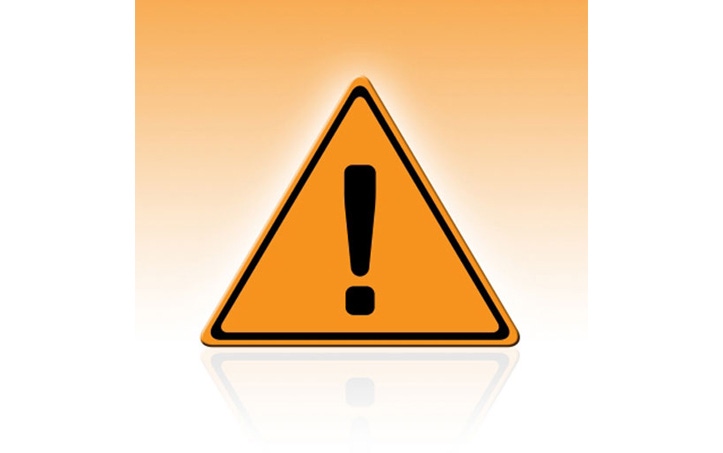In its annual list of Health Technology Hazards, the ECRI Institute points to the risks posed by ransomware and cybercrime.
November 7, 2017

Recent alarming incidents involving hacking, ransomware, and vulnerable medical devices have made it clear that cybersecurity needs to be a top priority in healthcare. The ECRI Institute is highlighting its importance, placing “Ransomware and Other Cybersecurity Threats to Healthcare Delivery Can Endanger Patients” as the top issue on its list of Top 10 Health Technology Hazards for 2018.
The issues are chosen by considering criteria including preventability, frequency, severity, and potential scope.
The ECRI Institute authors wrote in an executive brief, “In a healthcare environment, a malware attack can significantly impact care delivery by rendering health IT systems unusable, by preventing access to patient data and records, and by affecting the functionality of networked medical devices. Further, such attacks can disable third-party services, disrupt the supply chain for drugs and supplies, and affect building and infrastructure systems.” They added that this can disrupt patient care and harm patients.
Another issue on the 2018 list is endoscope reprocessing, a familiar topic from years past. Concerns about contaminated endoscopes made the 2017 list, topped the 2016 list, and was included in several prior years.
Here is the complete list of the Top 10 Health Technology Hazards for 2018:
Ransomware and Other Cybersecurity Threats to Healthcare Delivery Can Endanger Patients
Endoscope Reprocessing Failures Continue to Expose Patients to Infection Risk
Mattresses and Covers May Be Infected by Body Fluids and Microbiological Contaminants
Missed Alarms May Result from Inappropriately Configured Secondary Notification Devices and Systems
Improper Cleaning May Cause Device Malfunctions, Equipment Failures, and Potential for Patient Injury
Unholstered Electrosurgical Active Electrodes Can Lead to Patient Burns
Inadequate Use of Digital Imaging Tools May Lead to Unnecessary Radiation Exposure
Workarounds Can Negate the Safety Advantages of Bar-Coded Medication Administration Systems
Flaws in Medical Device Networking Can Lead to Delayed or Inappropriate Care
Slow Adoption of Safer Enteral Feeding Connectors Leaves Patients at Risk
About the Author(s)
You May Also Like


